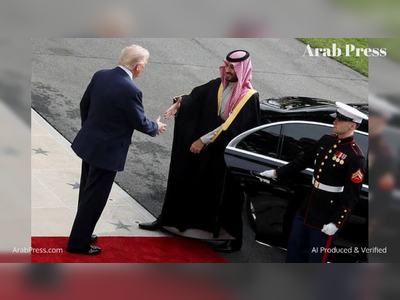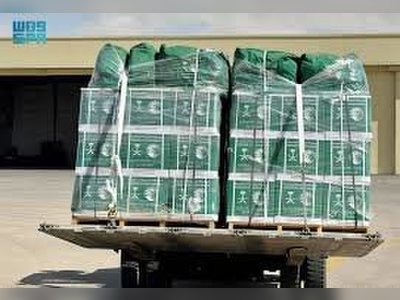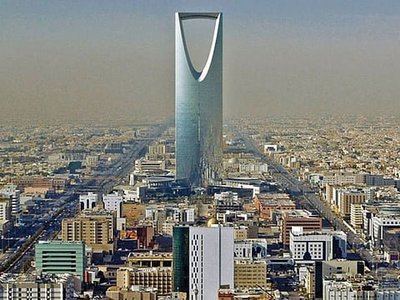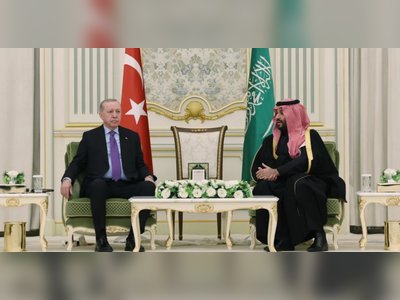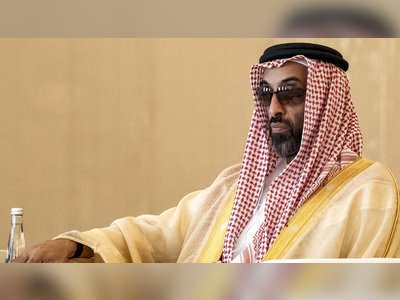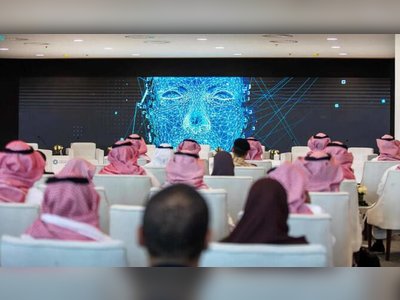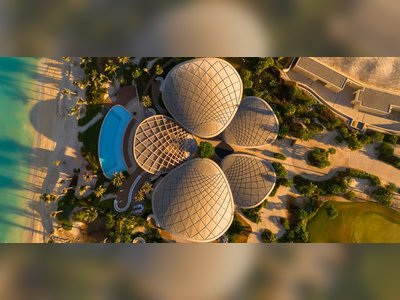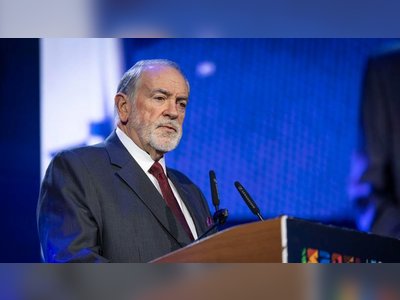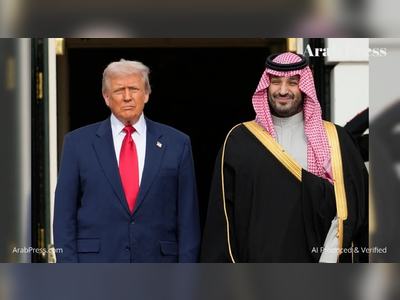
Kremlin says AUKUS submarine deal raises proliferation questions
Russia said on Tuesday that a joint plan by the United States, Britain and Australia to create a new fleet of nuclear-powered submarines raised questions about nuclear proliferation.
The leaders of the three countries on Monday announced details of the plan as part of their "AUKUS" partnership pact.
It would provide Australia with nuclear-powered attack submarines from the early 2030s to counter China's ambitions in the Indo-Pacific.
Kremlin spokesman Dmitry Peskov told reporters: "There are a lot of questions here related to the problem of non-proliferation. Here we need special transparency, and we need to answer the questions that arise."
Peskov did not elaborate on the nature of Russia's concerns, though China has previously argued that supplying Australia with the submarines, which are conventionally armed but powered by very highly enriched uranium, amounted to an act of nuclear proliferation.
U.S. President Joe Biden stressed at Monday's meeting with the British and Australian prime ministers in San Diego that the submarines would be nuclear-powered, not nuclear-armed.
"These boats will not have nuclear weapons of any kind on them," he said.
To date no party to the nuclear Non-Proliferation Treaty (NPT) other than the five countries the treaty recognises as weapons states - the United States, Russia, China, Britain and France - has nuclear-powered submarines. The vessels can stay underwater for longer than conventional ones and are harder to detect.
Russia's own Pacific Fleet has 17 submarines including three ballistic missile subs that are part of its strategic nuclear deterrent, according to the latest annual report by the International Institute for Strategic Studies.
Russian President Vladimir Putin has been critical of AUKUS since its inception in 2021, accusing it of fuelling regional tensions by trying to counter China.
Australia says it will be unable and unwilling to use the fuel in its submarines to make nuclear weapons since the vessels will have "welded power units" containing nuclear material that would need chemical processing for use in an atom bomb, and Australia does not have or want facilities that can do that.
The AUKUS countries and the International Atomic Energy Agency (IAEA) say the NPT allows so-called marine nuclear propulsion provided necessary arrangements are made with the IAEA.
It would provide Australia with nuclear-powered attack submarines from the early 2030s to counter China's ambitions in the Indo-Pacific.
Kremlin spokesman Dmitry Peskov told reporters: "There are a lot of questions here related to the problem of non-proliferation. Here we need special transparency, and we need to answer the questions that arise."
Peskov did not elaborate on the nature of Russia's concerns, though China has previously argued that supplying Australia with the submarines, which are conventionally armed but powered by very highly enriched uranium, amounted to an act of nuclear proliferation.
U.S. President Joe Biden stressed at Monday's meeting with the British and Australian prime ministers in San Diego that the submarines would be nuclear-powered, not nuclear-armed.
"These boats will not have nuclear weapons of any kind on them," he said.
To date no party to the nuclear Non-Proliferation Treaty (NPT) other than the five countries the treaty recognises as weapons states - the United States, Russia, China, Britain and France - has nuclear-powered submarines. The vessels can stay underwater for longer than conventional ones and are harder to detect.
Russia's own Pacific Fleet has 17 submarines including three ballistic missile subs that are part of its strategic nuclear deterrent, according to the latest annual report by the International Institute for Strategic Studies.
Russian President Vladimir Putin has been critical of AUKUS since its inception in 2021, accusing it of fuelling regional tensions by trying to counter China.
Australia says it will be unable and unwilling to use the fuel in its submarines to make nuclear weapons since the vessels will have "welded power units" containing nuclear material that would need chemical processing for use in an atom bomb, and Australia does not have or want facilities that can do that.
The AUKUS countries and the International Atomic Energy Agency (IAEA) say the NPT allows so-called marine nuclear propulsion provided necessary arrangements are made with the IAEA.
